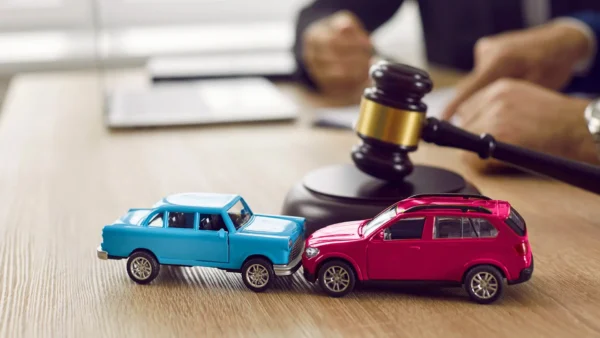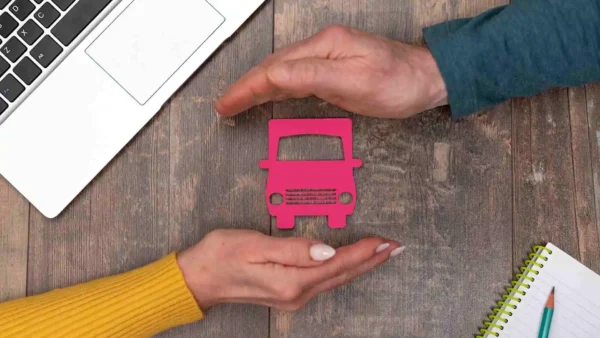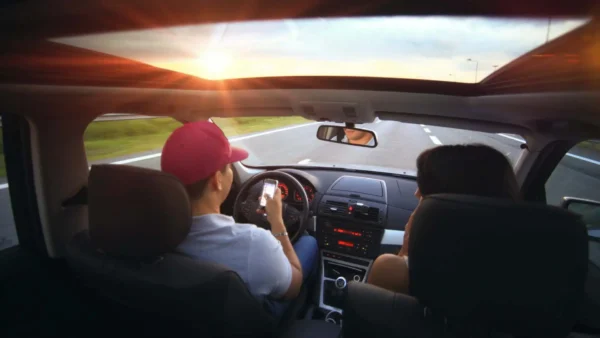Most vehicles are insured for their Actual Cash Value (ACV). As that value begins to depreciate over the years, however, it becomes increasingly likely that any damage sustained during an accident will render your vehicle not worth fixing. But what exactly are the factors involved in determining whether your car is a total loss? The answer is simple: a) the car is no longer considered fit for the road, or b) the car is no longer cost effective to repair.
When is my car unfit for the road?
If your car is deemed unfit for the road, it means there is damage that permanently compromises the safety of the vehicle. It’s most likely due to damage to the frame or chassis of the vehicle that you may not even see.
In this case, the insurance company will deem the vehicle a total loss regardless of the potential repair costs.
When is my car no longer cost effective to repair?
If your insurer has decided that your car is no longer cost effective to repair, this usually means that the cost to repair your vehicle could be greater than the vehicle’s current market value, also known as Actual Cash Value (ACV).
How do insurers determine my vehicle’s actual cash value?
There are five basic factors that insurance companies consider when determining the ACV of your vehicle.
- Type of vehicle: The make, model, and year of your car
- Customizations: Any extra or custom features that have been added to your vehicle
- Road use: The number of kilometers your vehicle has been driven
- Condition of vehicle: The current condition of your car (interior, exterior, engine, tires, etc.)
- Selling price: Recent selling prices for similar vehicles in your local market
Once vehicles of the same make, model, and year as yours have been identified, the next step is to compare your vehicle in terms of kilometres, customizations, and overall condition to see where it fits. For example, you might find your car to be comparable in terms of type, customizations, and overall condition. But if your vehicle has logged a few thousand more kilometres, its ACV will naturally come in a little lower.
How do insurers calculate whether my car is a total loss?
If it’s been determined that your car is unfit for the road, then it’s automatically considered a total loss.
As for calculating whether your vehicle is cost effective to repair, it’s really quite simple. If the repair costs to your vehicle exceed a certain percentage of its ACV, then it’s deemed a total loss. That percentage varies from insurer to insurer, but typically ranges between 70% and 80%. Any repair costs that fall near, within, or above that range, will result in your insurer determining that your vehicle is a total loss.
What if I’m still making payments on my car?
If you’re leasing your car, your insurance company will send a cheque to the leasing company equal to the current market value of the vehicle, minus the deductible. If the amount you owe on your lease is greater than the settlement cheque, you’ll need to pay the remaining balance out of your own pocket. You’ll need to negotiate the terms of repayment with your leasing company.
The same principle applies if you are financing your car and still have payments remaining. Any remaining balance to be paid after your financing company receives the settlement cheque is strictly your responsibility.
When will I receive payment if my car is deemed a total loss?
The amount of time it takes varies from a matter of days up to a few weeks. Make sure to discuss the potential time frame with your insurer so you’re prepared.
Speaking of being prepared, it’s strongly advised to begin plans for replacing your vehicle either before or during your wait. That’s because you’ll only have a limited amount of time to return the rental car you’ve been provided once your evaluation is complete and your settlement cheque has been received.
How much money will I receive if my car is a total loss?
You’ll typically receive the car’s ACV, minus the deductible. In case you’d like to keep your vehicle, you’ll need to pay the total amount your insurer would have received for salvage.
Will my insurance premiums increase if my car is a total loss?
If you are found to be at fault for the accident, then your rates will most likely increase. It doesn’t matter if the vehicle is a total loss or not.
Can I keep my car if it’s deemed a total loss?
Yes and no. There are instances where you can keep your vehicle by negotiating with your insurance provider. However, there are other situations where keeping your vehicle is simply not possible.
- Yes: After paying your claim, most insurance providers will return your car to you if it hasn’t been deemed unsafe and you agree to pay them the vehicle’s salvage value. Keep in mind, however, that if you decide to stay with the same insurer, they may insist you provide them with proof that the necessary repairs have been made. They may also decide to limit your coverage if you continue driving the car in question.
- No: If your car has been evaluated as unfit for the road, then you won’t be able to keep it. Furthermore, if your car has been deemed a total loss, then the car automatically becomes the sole property of your insurer.
What if I don’t agree that my car is a total loss?
If you disagree with your insurer’s decision and believe your vehicle can be repaired cost effectively, then you have the right to file an appeal. You can do so by requesting an appraisal appeal under the Insurance Act.
What do I do when I have my new vehicle?
Once you’ve procured your new vehicle after a total loss, you’ll need to get the appropriate coverage or have your current coverage switched over to your new car. In either case, one of our experienced brokers will be more than happy to help you get back on the road again.
Special thanks to Mitch service team leader Alex Gemmiti for his valuable contributions to this article
Looking for car insurance?
Speak with a Mitch Insurance broker today to get a quote on Ontario auto insurance. Learn more >
Call now
1(403)8000267







